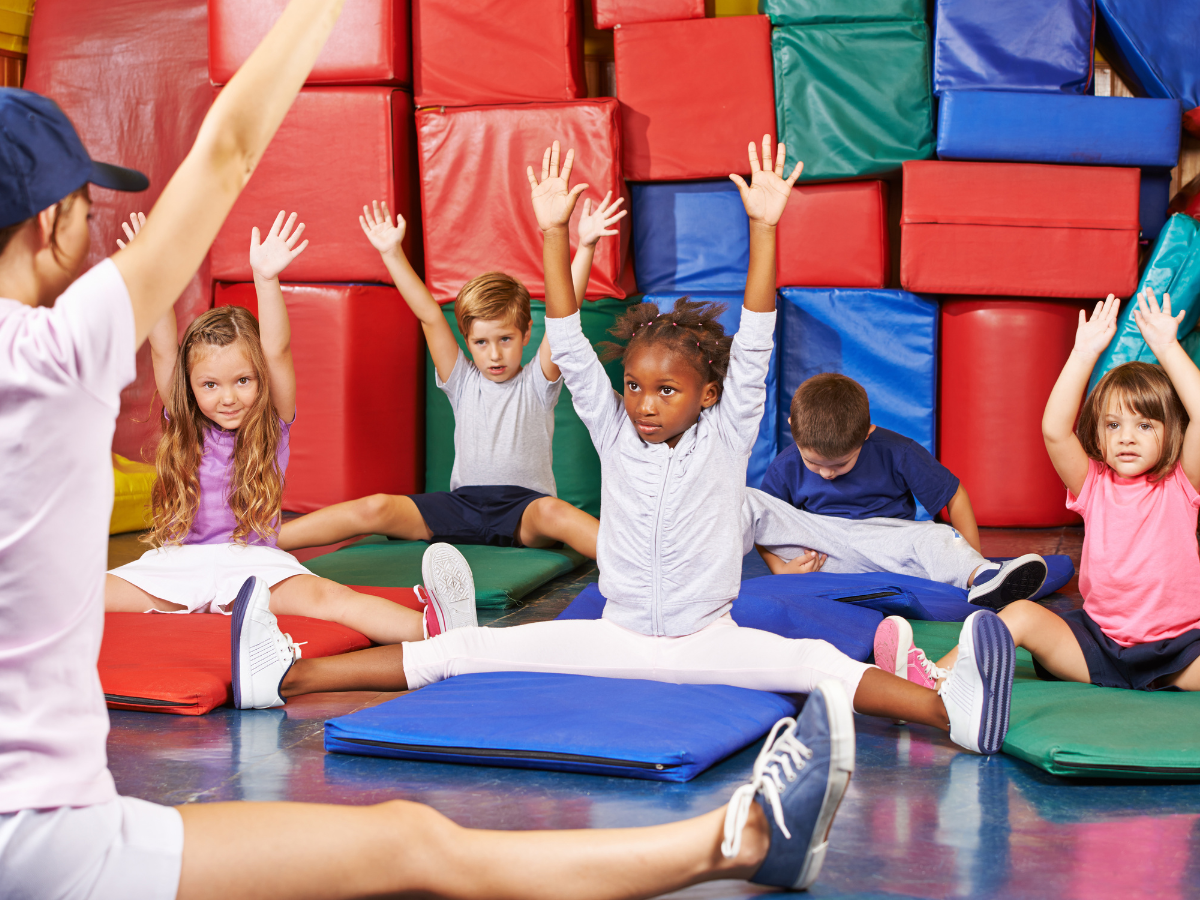Manners are an important part of our behavior. It seems that some of our “expected” behavior is so common that it is with us from birth. We learn manners from observation and from instruction. But those manners and expected behaviors had to originate somewhere.
Have you ever wondered why we shake hands when we meet people? Or clink glasses to celebrate an occasion?
We have many actions that show we’re polite, but they may not have always signaled good manners.
There are some very interesting reasons behind some of our basic codes of conduct.
The Handshake
You meet someone for the first time, or simply greet them after not seeing them for a while with a handshake. Why? To you, it’s just the etiquette you were taught as you grew up.
In Medieval Times, people would hide daggers up their sleeves. To protect themselves when they wanted to talk to someone else, they would extend hands to check up one another’s sleeves to see if weapons were being held. If no weapons were evident, the two would clasp and shake hands.
Yawning
Mothers’ instructions have always included covering your mouth when you yawn. Why (besides not exposing your teeth and tongue to others) might this be in our code of conduct?
In the early 11th Century, a rather elite group of people existed who thought it uncouth to bathe. Of course these people smelled horrible and when they were around so were lots of flies. Whenever they yawned, they had to cover their mouths with their hands to prevent the swallowing of flies.
Flatware Settings
Today’s protocol when setting a table is to face the knife blade to the inside beside the plate. This is now part of the “proper” way to set a table, but it stems from something much more sinister.
In time of Knights, if a person was singled as to be killed at dinner, their identity was signaled by facing the knife blade at their seat to the outside. Needless to say, the correct setting of the table and sitting in your assigned seat was very important in this time period!
Glass Clinking
Every wedding rehearsal dinner and reception has a toast to the celebrated couple at which time everyone holds their glasses up and clinks them before taking a sips of the contents. How did this tradition start?
Many years ago, there was a common problem with people putting poison into drinks. To stop this behavior, people began to clink their cups together hard enough to make the liquid slosh – sometimes into the other glasses. No poisoner would want to risk getting the tainted liquid in his own glass or in the glass of an unintended target. The glass clinking became the deterrent and evolved into a signal for celebration today.
Spitting on the Ground
Today spitting in any fashion is viewed as uncouth and rude for the simple disgusting nature of it. In the early 20th Century, it was thought that spitting on the ground would spread diseases to many people so it was forbidden. This became the standard practice for civilized people and today is also considered bad manners.
Source: Fox News






